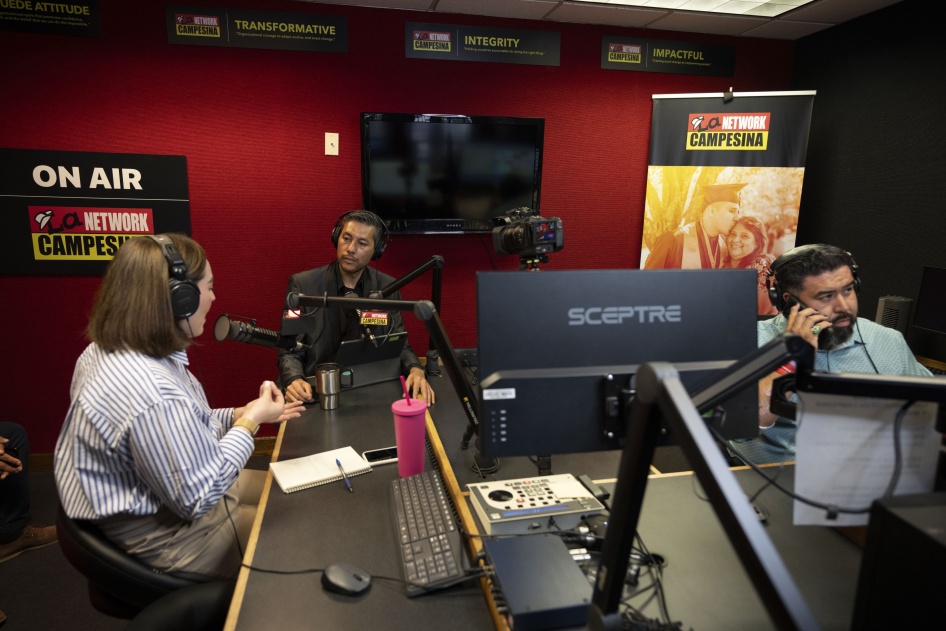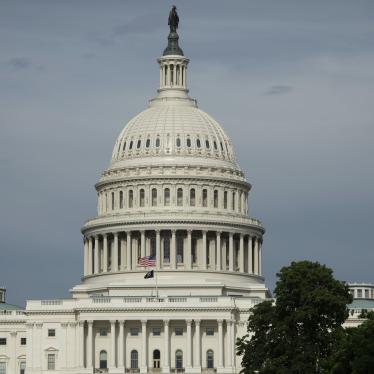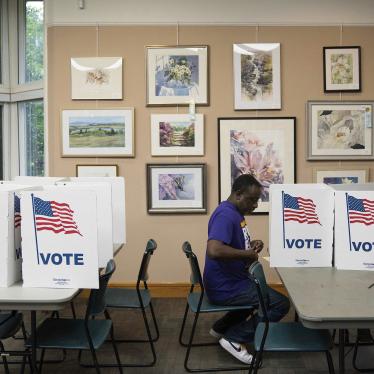Bad actors are flooding the information landscape with false and misleading information ahead of US elections in November, disproportionately targeting communities of color. The torrent of misinformation is sparking concerns it could alter voting patterns and even affect the outcomes of the presidential and other elections.
Misinformation is the inadvertent spread of false information with no specific intent to harm, while disinformation is false information designed to deliberately mislead people. Disinformation can include confusing or incorrect information about the voting process, which amounts to voter suppression, a continuation of Jim Crow-era attempts to disenfranchise Black voters through poll taxes and literacy tests. Today, Black, Brown, and immigrant communities continue to be impacted by mis- and disinformation, which sometimes exploits shared trauma among these communities to sway voters.
For example, during the 2020 election, Latinx voters in Florida were targeted by ads that falsely linked President Joe Biden to the repressive Venezuelan leader Nicolás Maduro. Immigrants who rely on translated content often find themselves subjected to mistranslations in WhatsApp groups and other social media platforms, where Spanish content moderation is limited.
In comparison to text, audio and visual mis- and disinformation can be especially difficult to detect and debunk. These threats are amplified by the rise of artificial intelligence (AI). Not only is AI used to produce realistic mis- and disinformation quickly and cheaply, bad actors can also use AI to reach communities of color with even more precision.
AI-generated images featuring former President Donald Trump with Black voters were recently posted on social media in an apparent attempt to appeal to these voters. Some of these images have been created by conservative media groups and others by private individuals. They also create fake social media accounts to peddle false information to Black voters.
Elected officials, media outlets, and community groups should work together to provide accurate, reliable, and accessible sources of information for all people, especially communities that hold pre-existing suspicions of the political process. Online platforms have a responsibility to respect human rights, including the right to vote. These safeguards are necessary to ensure free and fair elections that lie at the heart of the US democratic system.










